My Dog Ate Charcoal: What You Need to Know (Potential Dangers & Tips)

My dog ate charcoal – should I be worried? We all know that dogs are notorious for getting into things they shouldn’t, and charcoal can be one of those tempting items. While it may seem like a harmless substance, it’s important to understand the potential risks and take appropriate action if your dog has ingested charcoal.
Charcoal is commonly used for cooking and grilling, and many pet owners may have it in their homes or yards. If your dog has managed to get ahold of some charcoal and has eaten it, you may be wondering if it will cause any harm. In this article, we’ll explore the potential dangers of dogs eating charcoal, signs to watch out for, and what to do if your dog has consumed it. So let’s dive in and find out what you need to know about this curious canine behavior!
Potential Dangers of Dogs Eating Charcoal
Dogs are curious creatures and may occasionally come across or consume charcoal, whether it be from a grill, a fire pit, or other sources. While charcoal is commonly used for cooking and grilling purposes, it can pose potential dangers to dogs if ingested. It is important for dog owners to be aware of the risks and take necessary precautions to keep their pets safe.
Risk of Intestinal Blockage
One of the main concerns when a dog ingests charcoal is the risk of intestinal blockage. Charcoal can be indigestible and if it is consumed in large amounts or in larger pieces, it can get lodged in the dog’s digestive system, causing a blockage. Symptoms of intestinal blockage may include vomiting, diarrhea, abdominal pain, loss of appetite, and lethargy. If you suspect your dog has ingested charcoal and is showing any of these symptoms, it is important to seek veterinary care immediately.
Potential Chemical Contaminants
Charcoal briquettes and activated charcoal products often contain various chemicals and additives. These substances can be harmful to dogs if ingested in large amounts. Some additives may be toxic or cause gastrointestinal upset. Additionally, lighter fluids or other substances used to ignite charcoal can also be toxic to dogs. It is crucial to keep charcoal and related products out of your dog’s reach to prevent accidental ingestion.
Burns and Injuries
Dogs may also be at risk of burns or injuries if they come into contact with hot charcoal or charcoal embers. The heat from burning charcoal can cause painful burns and can even lead to more serious injuries if the dog attempts to eat or play with hot coals. Always ensure that charcoal is properly extinguished and cooled before allowing your dog near the area.
If you suspect your dog has ingested charcoal or has been in contact with it, it is important to contact your veterinarian for guidance. They can provide appropriate advice based on your dog’s specific situation and determine the necessary course of action.
Symptoms to Look for if Your Dog Ate Charcoal
- Vomiting: If your dog ingests charcoal, they may experience vomiting as their body tries to get rid of the foreign substance.
- Diarrhea: Another common symptom of charcoal ingestion is diarrhea. This can occur as a result of the charcoal irritating their stomach and intestines.
- Abdominal Pain: Your dog may exhibit signs of discomfort or abdominal pain after consuming charcoal. They may whimper, whine, or exhibit changes in behavior.
- Lethargy: Ingesting charcoal can cause your dog to become lethargic or appear weak. They may have reduced energy levels and be less willing to engage in activities.
- Loss of Appetite: Your dog may lose their appetite and show a decreased interest in food after consuming charcoal.
- Dehydration: Charcoal can cause dehydration in dogs. Keep an eye out for signs such as dry gums, excessive panting, or a loss of skin elasticity.
- Changes in Stool Color: If your dog ate charcoal, you may notice changes in the color of their stool. It may appear black or have a dark, tarry consistency.
- Difficulty Breathing: In some cases, ingestion of charcoal can lead to respiratory difficulties. If you notice your dog struggling to breathe or showing signs of respiratory distress, seek immediate veterinary attention.
If your dog exhibits any of these symptoms after consuming charcoal, it is important to consult a veterinarian for proper evaluation and treatment. Prompt medical attention can help prevent complications and ensure the well-being of your furry friend.
Steps to Take If Your Dog Ate Charcoal
- Stay calm: It’s important to stay calm and not panic if your dog ate charcoal. Panicking can make the situation more stressful for both you and your dog.
- Assess the situation: Determine how much charcoal your dog ate and if it was contaminated with any harmful substances, such as lighter fluid or chemicals.
- Contact your veterinarian: Contact your veterinarian immediately and provide them with all the necessary information, including the amount of charcoal ingested and any potential contaminants.
- Follow their advice: Follow the guidance provided by your veterinarian. They may ask you to monitor your dog or bring them in for an examination, depending on the severity of the situation.
- Observe your dog: Keep a close eye on your dog for any signs of distress, such as vomiting, diarrhea, or difficulty breathing. If any abnormal symptoms occur, contact your veterinarian right away.
- Prevent future incidents: Take steps to prevent your dog from accessing charcoal or any other harmful substances in the future. Store charcoal securely and keep it out of your dog’s reach.
While charcoal itself may not be toxic, it is important to address any potential contaminants and monitor your dog’s health. Prompt veterinary care and precautionary measures can help ensure the well-being of your furry friend.
When to Seek Veterinary Care for a Dog that Ate Charcoal
If your dog has ingested charcoal, it is important to assess the situation and determine whether veterinary care is necessary. While charcoal is generally non-toxic, there are certain factors to consider that may warrant a trip to the veterinarian. Here are some situations where seeking veterinary care is recommended:
- Amount ingested: If your dog has consumed a large amount of charcoal, it may cause gastrointestinal blockage or other complications. This is especially important to monitor in smaller dogs.
- Presence of additives or accelerants: If the charcoal contains additives or accelerants, such as lighter fluid, it can be toxic to dogs and cause serious health issues.
- Presence of other harmful substances: If the charcoal was in contact with other dangerous substances, such as pesticides or chemicals, it can pose a risk to your dog’s health.
- Signs of distress or illness: If your dog exhibits symptoms such as vomiting, diarrhea, abdominal pain, lethargy, or difficulty breathing after ingesting charcoal, it is important to seek veterinary care immediately.
In general, if you are unsure about the potential risks or if your dog is showing any worrisome symptoms, it is best to consult with a veterinarian for guidance. They will be able to assess your dog’s specific situation and provide appropriate advice or treatment if necessary.
Preventing Dogs from Eating Charcoal
Keeping Charcoal Out of Reach
One of the most effective ways to prevent dogs from eating charcoal is to keep it out of their reach. Store charcoal bags or containers in secure cabinets or high shelves where dogs cannot access them. Additionally, make sure to clean up any charcoal residue or ashes from the grill or fireplace, as dogs may be tempted to eat these substances.
Using Enclosures or Barriers
If you’re using charcoal in an open area, consider using enclosures or barriers to keep dogs away. Use baby gates, fences, or playpens to create a designated area for grilling or using charcoal. This will help prevent dogs from accidentally or intentionally ingesting charcoal.
Training and Supervision
It’s essential to train dogs not to eat charcoal and to supervise them when around areas where charcoal is present. Teach them commands such as “leave it” or “drop it” to discourage them from picking up or consuming charcoal. Keep a close eye on your dog during outdoor activities and redirect their attention if they show interest in the charcoal.
Providing Suitable Chew Toys
Dogs may be attracted to charcoal because they are seeking something to chew on. Provide them with a variety of appropriate chew toys to satisfy their natural chewing instincts. This can help divert their attention away from the charcoal and reduce the risk of ingestion.
Consulting a Veterinarian
If your dog has a persistent habit of eating charcoal or displays any concerning symptoms after ingesting charcoal, consult your veterinarian for guidance. They can provide additional advice and recommend further preventive measures to ensure your dog’s safety and well-being.
Alternatives to Charcoal for Dogs
Charcoal can pose potential dangers to dogs if ingested. To ensure your pet’s safety, it’s important to consider alternatives to charcoal for various purposes. Here are some alternative options that can be used in place of charcoal for dogs:
- Propane or electric grills: Instead of using charcoal grills, opt for propane or electric grills to avoid the risk of your dog coming into contact with charcoal pieces or ashes.
- Natural wood chips or pellets: Use natural wood chips or pellets as a safer option for smoking or adding flavor to your dog’s food when grilling.
- Grilling accessories: Consider using grilling accessories like grates or baskets to prevent your dog from accessing the charcoal or burning embers while enjoying outdoor gatherings.
- Indoor cooking methods: Utilize indoor cooking methods such as baking, broiling, or stove-top cooking as alternatives to outdoor grilling.
It’s essential to prioritize your dog’s safety when cooking or grilling and avoid exposing them to potential hazards like charcoal. By exploring alternative options and taking necessary precautions, you can still enjoy delicious meals while keeping your furry friend safe.
Understanding Why Dogs are Attracted to Charcoal
Charcoal can be a curious attraction for some dogs, and it’s important to understand why they may be drawn to it. Here are a few possible reasons:
- Scent: Charcoal often has a distinct smell that can be appealing to dogs. They have a keen sense of smell and may find the aroma of burning charcoal intriguing.
- Texture: The texture of charcoal, especially when it’s in briquette form, can feel interesting to dogs. Some dogs may enjoy chewing or playing with charcoal pieces.
- Taste: Charcoal can have a slightly salty or mineral-like taste, which may be enticing to dogs. They may be curious to lick or even eat small pieces of charcoal.
- Behavioral Reasons: Dogs may be attracted to charcoal due to their natural instincts or learned behaviors. For example, some dogs may be drawn to charred materials because of their association with food or the act of scavenging.
While it’s understandable that dogs may be interested in charcoal, it’s important to keep them safe. Ingesting charcoal can have potential dangers, such as intestinal blockage, gastrointestinal upset, or exposure to harmful chemicals if the charcoal has been treated with additives. To protect your dog, it’s best to prevent access to charcoal and dispose of any used or unused pieces safely.
Common Household Items to Keep Away from Dogs
Dogs are inquisitive creatures and may sometimes get into things they shouldn’t. As responsible pet owners, it’s important to be aware of common household items that can be harmful or toxic to dogs. By keeping these items out of your dog’s reach, you can help ensure their safety and well-being. Here are some common household items to be cautious about:
- Chocolate: Chocolate contains theobromine, which can be toxic to dogs and cause symptoms like vomiting, diarrhea, and increased heart rate.
- Grapes and raisins: Grapes and raisins can cause kidney failure in dogs, leading to symptoms like vomiting, abdominal pain, and decreased appetite.
- Onions and garlic: Onions and garlic contain compounds that can damage a dog’s red blood cells and can cause anemia and other serious health issues.
- Medications: Human medications, even in small doses, can be toxic to dogs. Keep all medications securely stored and away from your pet’s reach.
- Cleaning products: Many household cleaning products contain chemicals that can be harmful to dogs if ingested. Keep cleaning supplies in a locked cabinet or out of reach.
- Alcohol: Alcohol can cause intoxication and alcohol poisoning in dogs. Even small amounts can have serious effects on their liver and brain.
- Household plants: Some common household plants, such as lilies, aloe vera, and certain varieties of ivy, can be toxic to dogs if ingested. Do some research to ensure your plants are safe for your furry friend.
It is important to take appropriate precautions and ensure that potentially hazardous items are stored safely out of your dog’s reach. If you suspect your dog has ingested something toxic, contact your veterinarian or a pet poison control hotline immediately.
Conclusion
While charcoal can be appealing to dogs due to its smell, texture, and taste, it poses potential dangers if ingested. Dogs may experience intestinal blockage, exposure to harmful chemicals, or burns and injuries from hot charcoal or embers. It’s important for dog owners to take necessary precautions to prevent their pets from accessing charcoal and to seek veterinary care if ingestion occurs.
By keeping charcoal out of your dog’s reach, providing suitable chew toys, training and supervising your dog, and exploring alternative cooking methods, you can ensure their safety. Additionally, being aware of common household items that are toxic to dogs and keeping them securely stored can help prevent accidental ingestion.
If your dog does consume charcoal or shows any symptoms of distress, such as vomiting, diarrhea, abdominal pain, lethargy, or difficulty breathing, it’s crucial to contact a veterinarian for guidance and appropriate treatment. Prompt action can prevent complications and ensure the well-being of your furry friend.
Remember, prevention is key when it comes to keeping your dog safe from the potential dangers of charcoal and other harmful substances. By being proactive and taking necessary precautions, you can create a safe environment for your pet and enjoy peace of mind.

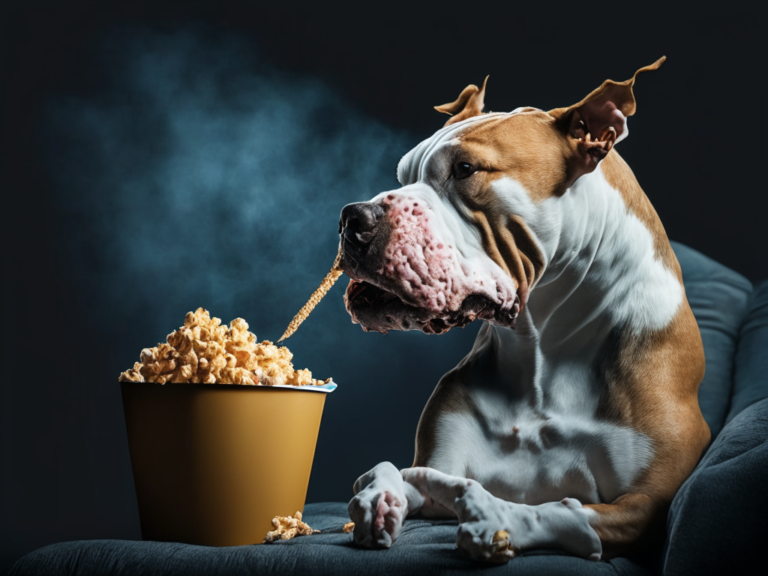
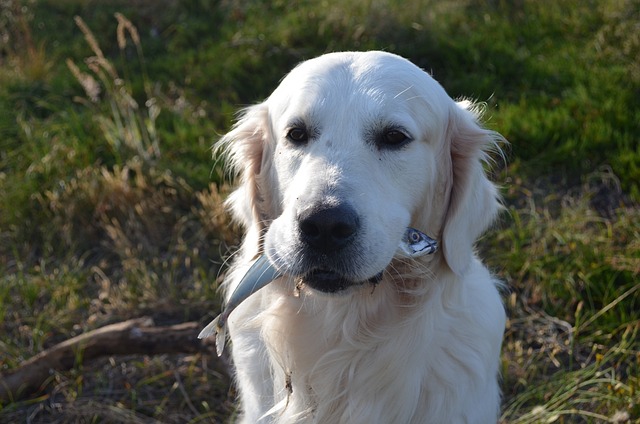
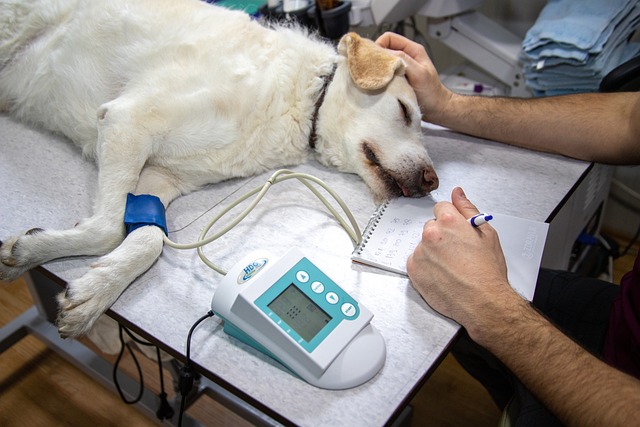

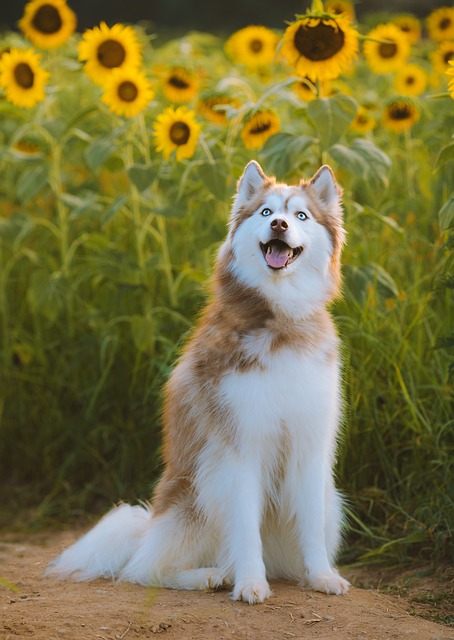
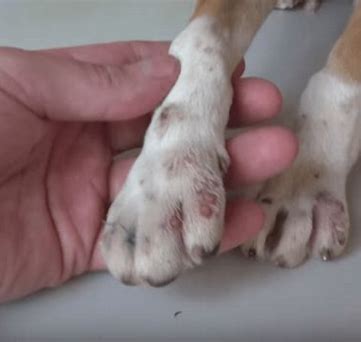
Terima kasih atas artikel yang menarik ini. Salam kenal dari : IDProperti.com | Pasang Iklan Properti Gratis